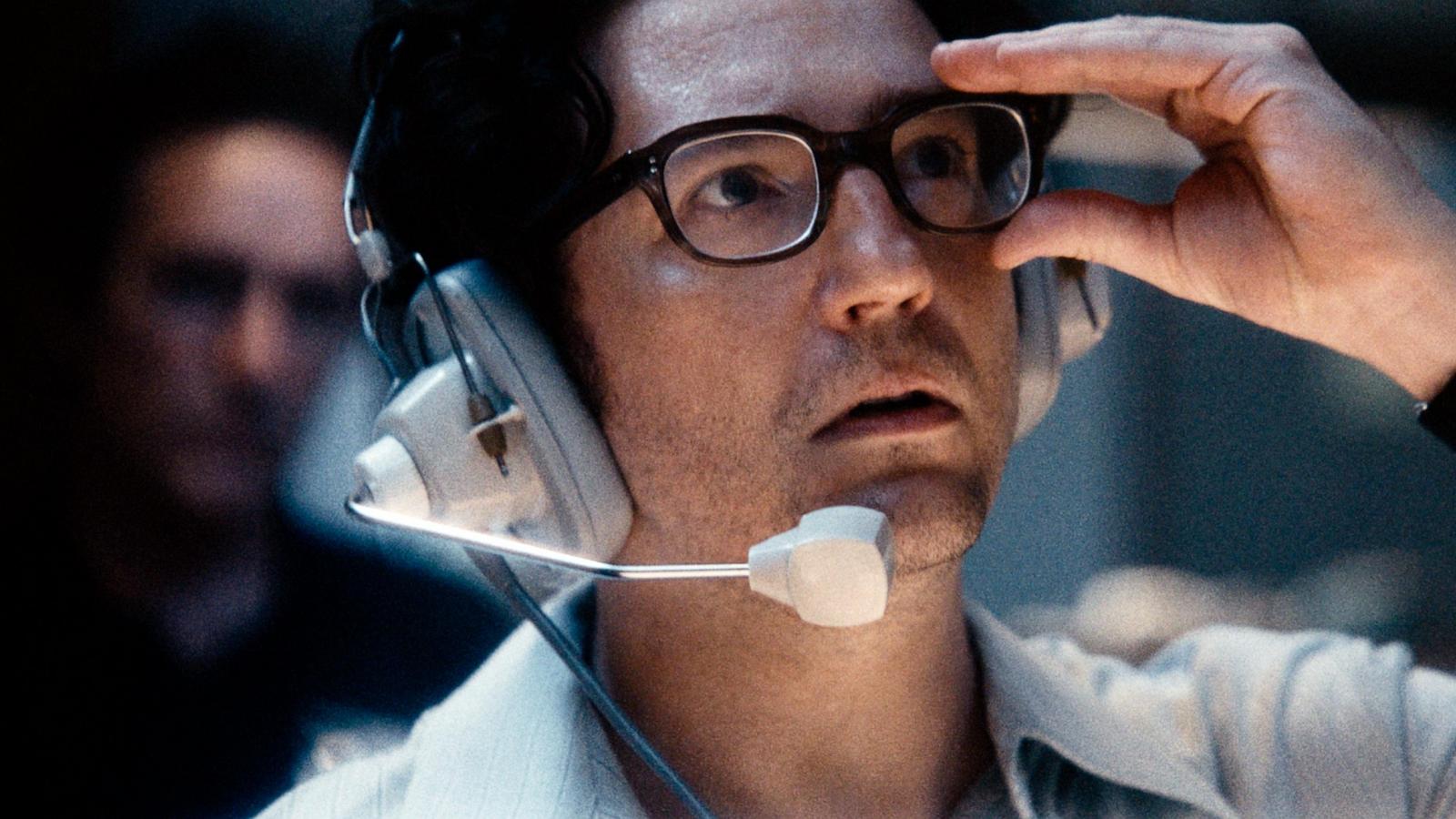Did you hear about the gripping new film, "September 5"? This isn't your average hostage drama; it's a nail-biting, edge-of-your-seat thriller that dives into the heart of the 1972 Munich Olympics hostage crisis, not from the perspective of the victims, but from those tasked with broadcasting it to the world. Prepare for a cinematic experience unlike any other, one that exposes the unprecedented challenges and ethical dilemmas faced by those in the control room amidst the unfolding tragedy. Get ready to question everything you thought you knew about journalistic integrity and the power of live television.
Inside the Control Room: A Real-Time Ethical Minefield
"September 5" masterfully recreates the tense atmosphere within ABC Sports' control room during the 1972 Munich Olympics hostage crisis. It’s a story of unsung heroes thrust into an unimaginable situation, grappling with difficult questions about what to air and how. Every decision is fraught with moral complexities. What level of violence is acceptable? How do you balance the public's right to know with respect for victims and their families? This wasn't just a sports broadcast; it was a pivotal moment in television history, and the film effectively captures this.
The Weight of the World on Their Shoulders
The film portrays these producers, not as detached professionals, but as people struggling with the immediate and agonizing questions of ethics and journalism amidst this unprecedented tragedy. What do you show the world? What information should be filtered out and kept unseen?
A Stunning Ensemble Cast
Featuring John Magaro as producer Geoffrey Mason, Peter Sarsgaard as Roone Arledge, and Ben Chaplin as Marvin Bader, the film boasts a powerful cast that embodies the emotional intensity of the situation. Their performances are visceral, transporting viewers right into the heart of the crisis as the horrifying events unfolded. Each actor seamlessly transforms into these individuals from the past, demonstrating not just professional talent, but palpable humanity.
Recreating History: Authenticity as the Guiding Star
Director Tim Fehlbaum's commitment to authenticity shines through. He meticulously recreated the ABC control room, filling it with period-accurate equipment. The archival footage adds an even more profound level of realism to the storyline. This dedication to detail helps transport the audience back in time. It’s almost as if they’re sitting within the ABC control room itself.
An Actor's Journey: John Magaro's Immersive Experience
Magaro's journey into this role is especially striking. He immersed himself in the period, even going so far as to spend time in CBS's NFL control room and at Madison Square Garden. He spoke with Mason, who went on to have a celebrated career in TV broadcasting. This painstaking preparation is evident in the raw and powerfully emotional nature of his performance.
More Than Just a Film
"September 5" serves not just as a recounting of events from the past, but a reflection of today’s complicated news landscape. Even though there are many significant differences, there are aspects that are hauntingly familiar when juxtaposed with the complexities and controversies inherent in covering contemporary conflicts and global events in the modern day.
Beyond the Screen: Ethical Dilemmas in Journalism Today
While the technology has changed, the fundamental questions in journalism about information integrity, presentation of content, and responsibility to audiences haven’t. What are we responsible to showcase and at what expense or repercussions? Should we consider the families of those involved and how this can change media broadcasting's ethical obligations?
Ethical Considerations: Past and Present
"September 5" expertly connects the past with today’s media ethics; similar ethical questions still plague journalism, underscoring the film’s timeless relevance. The conflict covered by the film is decades old, yet remains eerily pertinent even in current conflicts. Despite changes in reporting technology and the current speed and dissemination of information, are we actually handling conflicts better today than fifty years ago? Many of the essential ethical dilemmas remain today, particularly those involving accuracy, presentation, emotional impact, and social consequences.
A Reflection on Current Conflicts
The film serves as an urgent examination into media’s ethical obligation to truthfully represent and report information; does the method of relaying information ever outpace the importance of the ethical requirements required when conducting such a critical task? It’s not simply about events of the past, but provides the audience a space to meditate and examine contemporary challenges and issues in journalism.
Take Away Points
- "September 5" is a must-watch for its powerful performances and historical accuracy.
- The film serves as a crucial reminder of media's responsibility when handling sensitive news.
- Even though technological advances shape current journalism, the fundamental ethical dilemmas remain.
- Viewers can draw parallels between the Munich hostage crisis and the current media landscape.
- This movie is a compelling piece that is both well-written, wonderfully executed, and thought-provoking.




